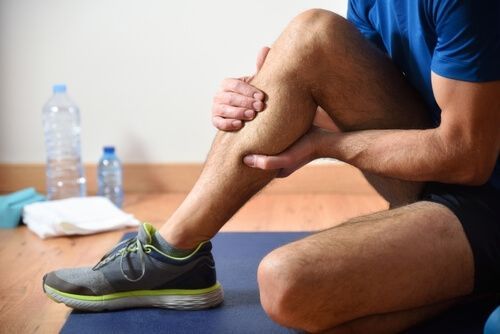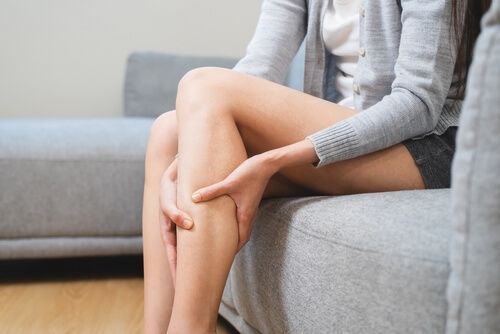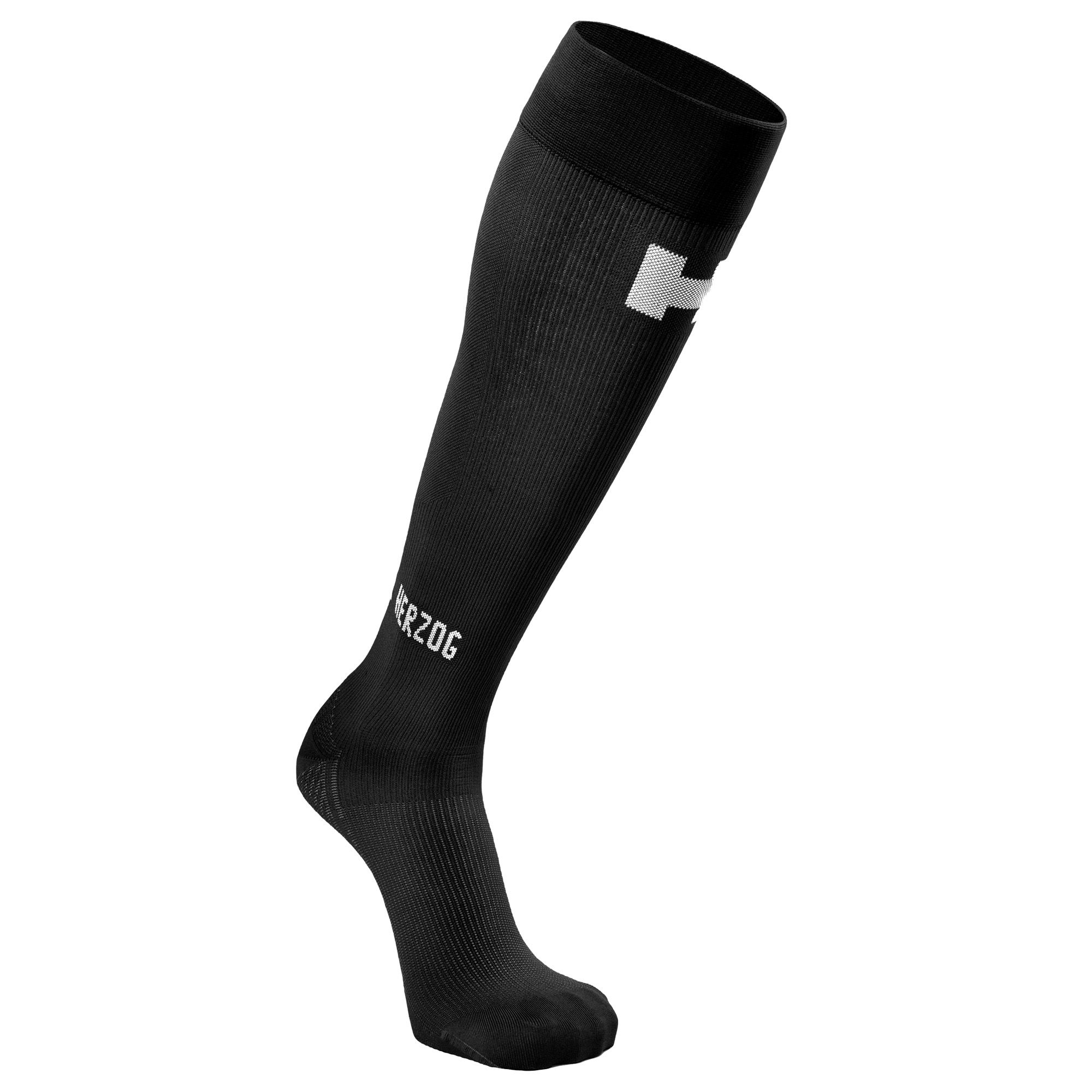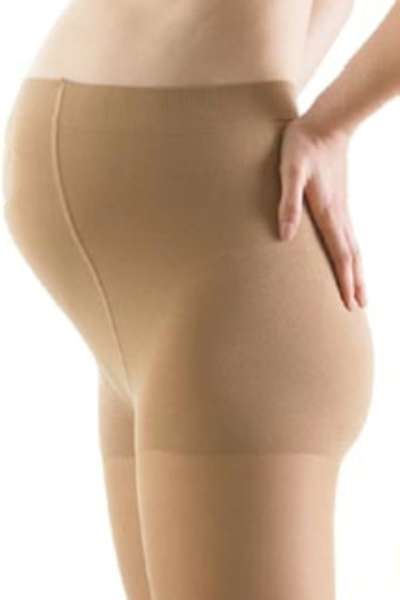Muscle Cramp
Muscle cramps in the calf can be quite uncomfortable. When experiencing a calf cramp, you’ll feel a sharp, stabbing pain, which can be very intense. To relieve the pain, it's best to pull your toes toward you. A calf cramp occurs when the muscles in your calf suddenly contract and shorten. This can last from a few seconds to several minutes. Want to know more about calf muscle cramps? Read on.
What is a calf muscle cramp?
A calf cramp happens when the muscles suddenly contract. This causes the muscles to shorten. It usually occurs at night or in the early morning. Cramping can be caused by several factors, such as not drinking enough water. Other causes are discussed further in the text.

What causes a calf muscle cramp?
Calf cramps can have several causes. Most commonly, they are due to dehydration or prolonged physical activity. Other causes are explained below. If you are affected by any of these factors, be sure to follow the tips later in the text.
- Prolonged exercise
- Dehydration
- Excessive alcohol consumption
- Pregnancy
- Use of certain medications
- Mineral deficiencies
What are the symptoms?
The severity of muscle cramp symptoms can vary from person to person. Some may experience more intense symptoms than others. Check whether you have the following symptoms to determine if you're dealing with a muscle cramp:
- Painful muscle contraction
- Stiffness and tenderness after the cramp
Helpful tips
Try the following tips to reduce calf muscle cramping. If you suffer from frequent calf cramps, consider making lifestyle changes or consulting a doctor.
- Wear proper footwear
- Change your sleeping position, for example, lie on your side with bent legs
- Massage your calf from time to time
- Take a warm bath to help relax the calf muscle
- Stretch your calves before going to bed
- Wear a calf brace
- Place your hands against a wall and stretch one leg back

Frequently experiencing calf cramps?
Do you often suffer from calf cramps and the above tips aren’t helping? Speak to your doctor about how to manage the symptoms. You might be prescribed medication such as hydroquinine. Note: this medication should not be used during pregnancy.
Possible side effects of the medication
Potential side effects of hydroquinine include a bitter taste in the mouth, nausea, and vomiting. Other side effects may include: ringing in the ears, reduced hearing or vision, and dizziness.
Preventing calf cramps
Muscle cramps are unpleasant and ideally should be avoided. The pain can sometimes be severe enough to disturb your sleep. A few measures to help prevent muscle cramps include:
- Taking magnesium supplements
- Drinking more water
- Doing calf stretching and mobility exercises
- Using support aids such as a brace or compression sleeve if cramps occur frequently
Are muscle cramps dangerous?
In most cases, muscle cramps are harmless and go away on their own. However, if your calf also shows other symptoms such as warmth or swelling, contact the emergency department immediately. This could indicate a more serious condition.
Support aids for calf muscle cramps
Do you suffer regularly from calf muscle cramps and want to prevent them? Don’t wait any longer and order a calf brace from Podobrace to help prevent cramping and support your calf.
Do you have questions about which brace is best suited to your symptoms, or any other questions? Please contact our team of specialists. We’re happy to help!

Herzog Sport Compression Stockings - Running Stockings - Pro (per pair)

Bauerfeind VenoTrain Pregnancy Compression Underwear
Pressure level 1
Super Ortho Calf Support

Gladiator Sports Compression Stockings (Black or White) (per pair)

Gladiator Sports Running Stockings Black/White (per pair)

Dunimed Premium Comfort Compression Stockings Groin Length - Closed Toe

Dunimed Premium Comfort Compression Stockings Groin Length - Open Toe

Dunimed Premium Comfort Compression Stockings Pressure Class 1 - Closed Toe

Dunimed Premium Comfort Compression Stockings Pressure Class 2 - Closed Toe

Dunimed Premium Comfort Compression Stockings Pressure Class 1 - Open Toe

Dunimed Premium Comfort Compression Stockings Pressure Class 2 - Open Toe

Dunimed Premium Comfort Compression Stockings Pressure Class 3 - Open Toe

Gladiator Sports Premium Compression Stockings

- Physiotherapist
- Sports podiatrist
- Manual therapist
- Podopostural therapist
- Myofascial dry needling specialist


